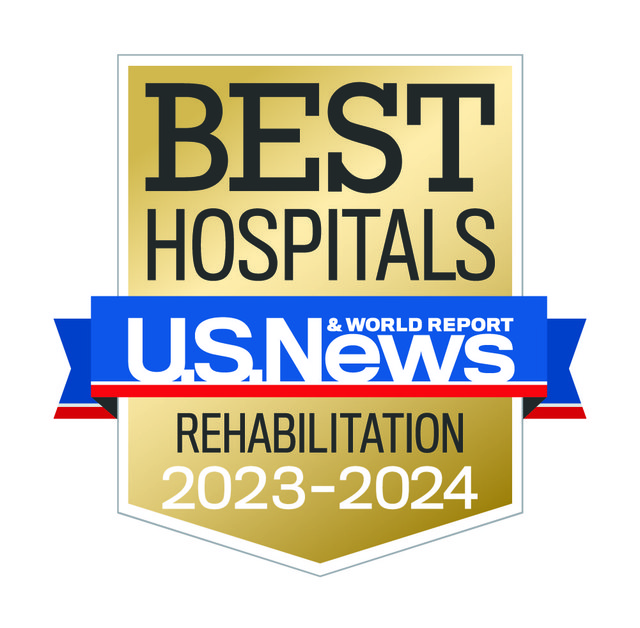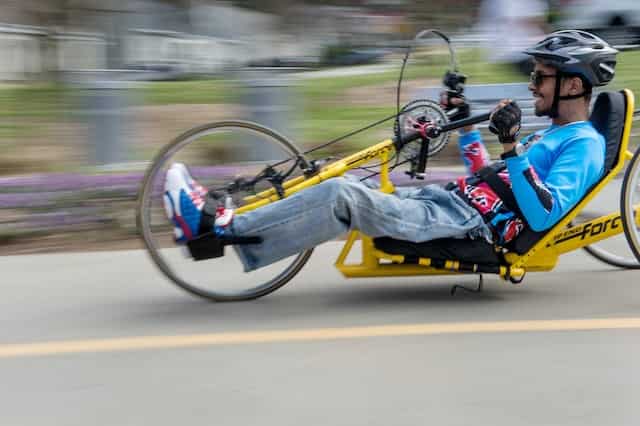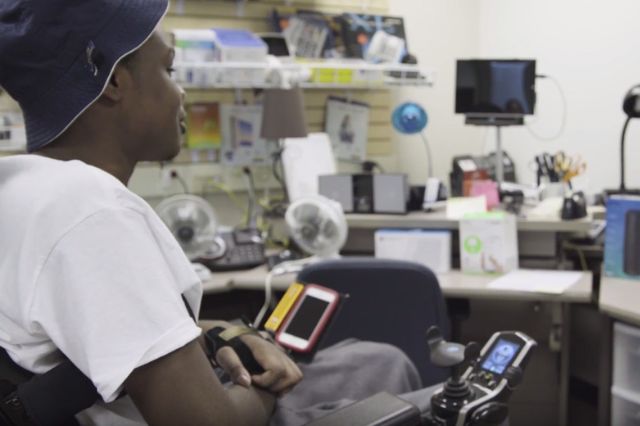Stroke Diagnosis
How are strokes diagnosed?
If you or someone you know have had a stroke, or have the warning signs, it is very important to seek prompt medical attention. Even if your symptoms resolve without treatment, you should still discuss them with your doctor. Your doctor will diagnose a stroke based on your signs and symptoms, your medical history, a physical exam and test results.
What are the types of stroke diagnostic tests?
Your doctor and emergency team must determine your type of stroke before a proper treatment can be provided. The following ways are how your physician will properly diagnose your stroke:
Physical exam – A doctor will ask what symptoms you’ve been experiencing and when they began to determine the proper diagnosis and treatment. Your doctor will check your pulse and blood pressure, and examine the rest of your body to rule out other illnesses mimicking your stroke symptoms.
Blood testing – Blood testing provides your doctor information about the condition of arteries in your head and neck that supply blood to your brain.
Computerized tomography (CT) scan – CT scans use a series of X-rays to create a detailed image of your brain. A CT scan can show a hemorrhage, tumor, stroke and other conditions. There are different types of CT scans that your doctor may use depending on your situation.
Magnetic resonance imaging (MRI) – MRIs can be used to detect brain tissue damaged by an ischemic stroke or brain hemorrhages. Your physician may inject a dye into a blood vessel to view the arteries and veins and highlight blood flow to identify causing factors of your stroke symptoms.
Medical history – Your doctor will ask about the symptoms you are having now and have had in the past, previous medical problems or operations, and any illnesses which run in your family. Be sure to have with you a current list of medications you are taking (prescription and non-prescription).




